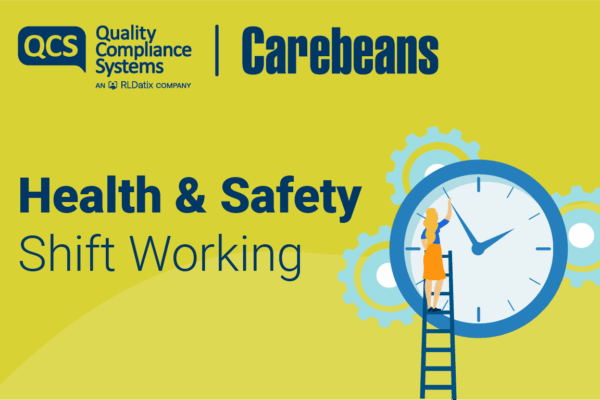Download the factsheet on improving access to insurance cover for care providers by the British Insurance Brokers’ Association and the Association of British Insurers here
DOWNLOAD NOW
Alternatively, read the factsheet here:
The British Insurance Brokers’ Association and the Association of British Insurers have published guidance aimed at improving access to insurance cover for care providers.
They hope providers can use this information to help secure appropriate insurance and to discuss specific requirements with their broker or insurer. For the full guidance, see below.
Background to the problem
The pandemic has led the sector to operate in challenging circumstances and doing all they can to prevent the spread of COVID-19. But the guidance adds that some care homes, home care providers and other care services may be finding it difficult to access public liability (PL) and employers’ liability (EL) cover for their needs in the current circumstances.
Why might it be more difficult to obtain EL and PL cover?
It adds: ‘In many cases, the cost of EL and PL cover for care providers was significantly under-priced due to a soft market (meaning more competition and lower prices) without the impact of the global pandemic. However, as the impacts of COVID-19 have become clear, insurers are concerned about the increasing claim frequency for EL and PL claims, heightened exposure to COVID-19 and the risks of future variants and other communicable diseases impacting the care sector.’
Here are some steps providers can take, but it is not a full list. Always speak to your insurer or broker first before making your decision.
Risk Management
- Demonstrate robust risk management processes and training in place to manage the risks – examples may include PPE training, health and safety training, qualifications of those working at the care provider, effective business continuity plans as well as demonstrating they meet Government and regulator guidance around infection control etc.
- Maintain detailed records of the steps taken to ensure the safety of employees, residents and visiting public, examples may include records of cleaning processes, use of PPE, risk registers, details of the management of any previous COVID-19 cases, updating and reviewing individual care plans – especially if infection risks, personal health or care needs change
Sharing information
- Provide the insurer with up-to-date COVID-19 statistics including transparency around the number of infections, hospitalisations, deaths to date as well as levels of vaccinations for patients and employees
- Be able to provide details of any previous claims’ history record
- Details of any inspections by independent health and social care regulators, including compliance with any required changes, and steps taken to improve where required – Care Quality Commission (England), Care Inspectorate (Scotland), Care Inspectorate Wales or the Regulation and Quality Improvement Authority (Northern Ireland)
- Be able to provide the following staffing information: staff turnover rates and use of agency workers, recruitment referencing, training and maintenance of records, average hourly rates of pay
- Answer questions that come via your broker and/or insurer to address areas of concern. Far better to furnish with information than your insurer having to make assumptions or cease considering your particular case
Start your renewal early and consider getting professional advice
- Be prepared to engage in the renewal process earlier than you may be used to. Three months before renewal is a good rule of thumb. Insurers may be asking additional questions or requesting completion of questionnaires, so the sooner you can engage the better
- Using the services of a professional insurance broker to help advise you on the scope and limits of insurance that best suit your needs is a good idea. The insurance market for care providers is challenging at present and you may need to be steered through it, especially if you’re expecting or experiencing problems. The broker works for you and will search the market on your behalf to find the insurer that is right for you. A broker will often help with claims preparation and discussions with the insurer following a loss
- It is particularly important to check if your policy now carries any new exclusions or limitations with regards to communicable disease related claims. Again, a broker will be able to do this for you and discuss the implications of any cover restrictions with you
Follow Guidance
- Implement the latest Government and regulator guidance and any changes to these as soon as reasonably possible and without undue delay. Discuss any concerns with being able to implement this with the insurer/broker as soon as is possible
Further information
Whilst in no way providing a guarantee that insurance will be provided, or that premiums will not be markedly different, this information should help set out some steps that care providers can take to improve their ability to access appropriate insurance cover.
Read the full guidance: Care Sector and COVID-19 – Accessing Public Liability and Employers’ Liability Insurance






